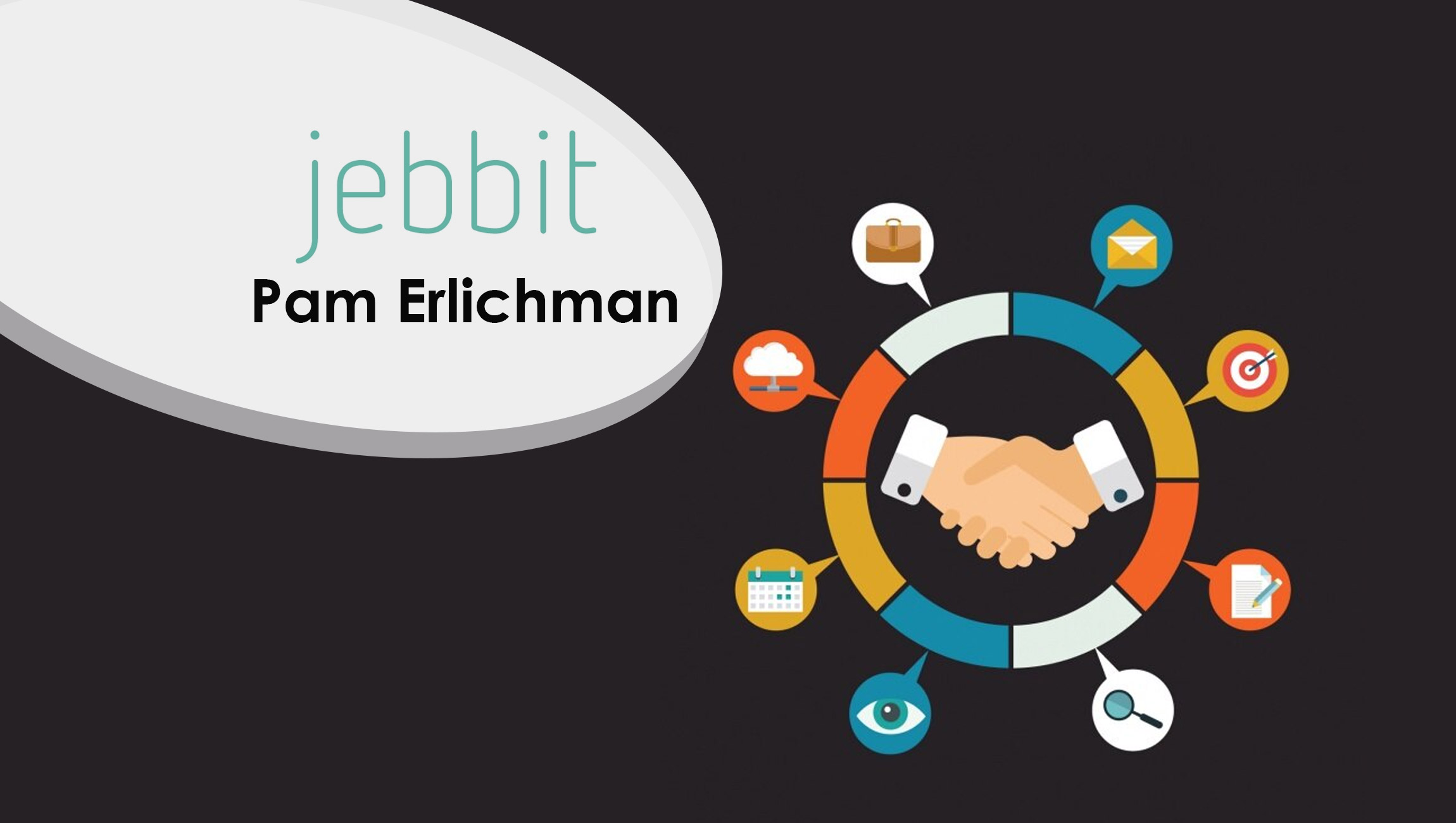The handshake is a simple, but powerful gesture. It’s a promise to act in a fair and honest way, to be transparent about our interests, and to solidify a commitment. The digital advertising ecosystem can learn a lot from this gesture as we go forth in a cookie-free, privacy centric world. We are beginning to see the emergence of a handshake-like experience in the app world. The app installation process asks consumers for information about themselves. And thanks to Apple’s iOS 14 App Tracking Transparency feature, publishers must present to the user the benefits they’ll receive if they agree to tracking. It’s a trust-but-verify approach, as users can rescind that permission at will. Although these new features will cause short-term pain, ultimately it will force marketers to learn how to put the customer first and enter into more positive relationships. How can we create a similar scenario for web-based advertising? Here are four requirements for establishing trust-building online handshakes: offering a true value exchange, transparency, obtaining deterministic (not proxied) data, and building a framework for small data.
Marketing Technology News: MarTech Interview with Dan Levin, President, COO and co-founder at ViralGains
What Can Marketers Learn the Handshake
- Whenever we meet someone new we extend our hands to shake.
- Handshakes began in ancient Greece as proof that neither party had a weapon up his sleeve. The handshake was a “peace” gesture
- Evolved to:
- A sign of co-equals, shaking on a deal
- A greeting among co-equals, and a promise to act with decorum
- In this age of privacy, we all talk about a co-equal relationship between brand and consumer.
- The recent changes in app privacy is nudging the brand/consumer close to the handshake.
- The recent changes in app privacy is nudging the brand/consumer close to the handshake.
The App World Had Handshakes Forced Upon It
- Thanks to Apple iOS 14, apps are getting closer to spirit of handshake
- Removal of danger
- Apple iOS 14 and ATT requires users to opt into tracking
- Getting permission to track requires that the user understands the value exchange: e.g. weather app can provide localized weather wherever you go.
- Users can shut off tracking at will, and that forces app publishers to be on best behavior, to act with decorum.
- Apple iOS 14 and ATT requires users to opt into tracking
- Onboarding process of app installation allows the brand to request the user disclose information while explaining why they need it, and how it benefits them.
- Removal of danger
- This is actually an ideal flow. How can it apply to the web and to digital advertising?
4 Requirements to Establishing Online Handshakes Between Consumers and Brands
- #1: Offer a True Value Exchange to Earn Trust
- Apple iOS found a way to force app publishers to get better at explaining a value exchange, or lose the ability to track.
- Although this may result in short term pain, we think once marketers start to build experiences that begin with value exchange — in pre-sale phase and information-gathering phase — they’ll earn the trust of the consumer
- Value exchanges hinge on helping a consumer make smart choices:
- What decision does the consumer need to make?
- What data points does the consumer need in order to make that decision?
- Do you have information that’s helpful to the consumer who will make that decision?
- Can you request permission to make that info available to that customer
- #2: Be Transparent
- Does the consumer understand exactly who is requesting the data?
- Don’t hide; it will kill any trust
- Data disclosure is an act of trust on the part of the consumer. Ask: are you living up to the customer’s expectations with regards to data?
- Does the consumer understand exactly who is requesting the data?
- #3: Get Facts (deterministic data), Not Assumptions (inferences)
- Marketers still segment users based on a handful of data points (e.g. visited a product page, clicked on an ad)
- It’s the holiday season … Do those actions represent the real interest of the consumer, or someone on their gift list?
- Data that’s freely disclosed is getting closer to the handshake.
- Marketers should present the benefits to the consumer, and provide some kind of mechanism for the consumer to guide the conversation and for the brand to listen.
- Result is data that’s freely given, more importantly, and data that is deterministic, not proxied.
- Will result in smaller datasets, to be sure. But the data will represent accurate insights and real consent
- (brand needs to provide consumer with a mechanism to opt out, a la ATT)
- (brand needs to provide consumer with a mechanism to opt out, a la ATT)
- Marketers still segment users based on a handful of data points (e.g. visited a product page, clicked on an ad)
- Build a Small-Data framework
- Don’t be afraid of “small data”
- For 10 years the industry was obsessed with Big Data, capturing everything there is to know about a consumer and storing it in a DMP/CDP. You never know what you’re going to need, right?
- Brands are a lot better off with a more thoughtful approach. What are the four to five attributes you need to know about your consumer in order for you to be more relevant and helpful and purposeful to them?
- Do you really need to know if they’re male or female? Do you really need to know their birthday?
- What is essential?
- Get the relationship correct, don’t assume a consumer is interested in something personally. Ask: is this for you or someone else?
- Get the Emotion. Ask: why is this important? What do you want it to do for you? Or, how do you want them to feel about your brand?
- Preference. Which variables matter in their decision making in order to recommend the right product or service based on their specific needs?
- Get context. What is the consumer’s need or interest?
- Don’t be afraid of “small data”
Conclusion
- One thing we’ve learned through the whole privacy debate is that consumers have a keen interest in controlling their experiences. They get frustrated if a brand makes assumptions about them, and follows them around the Internet
Marketing Technology News: MarTech Interview with Ben Regensburger, CEO at Peach











